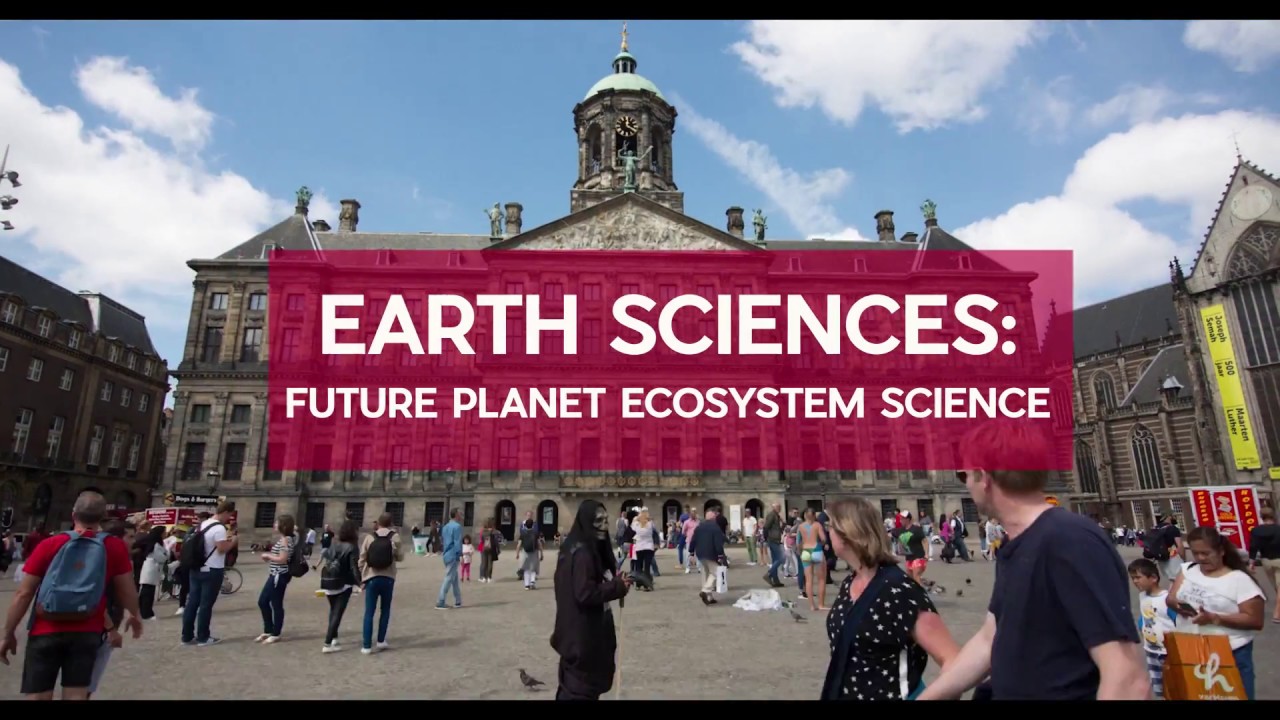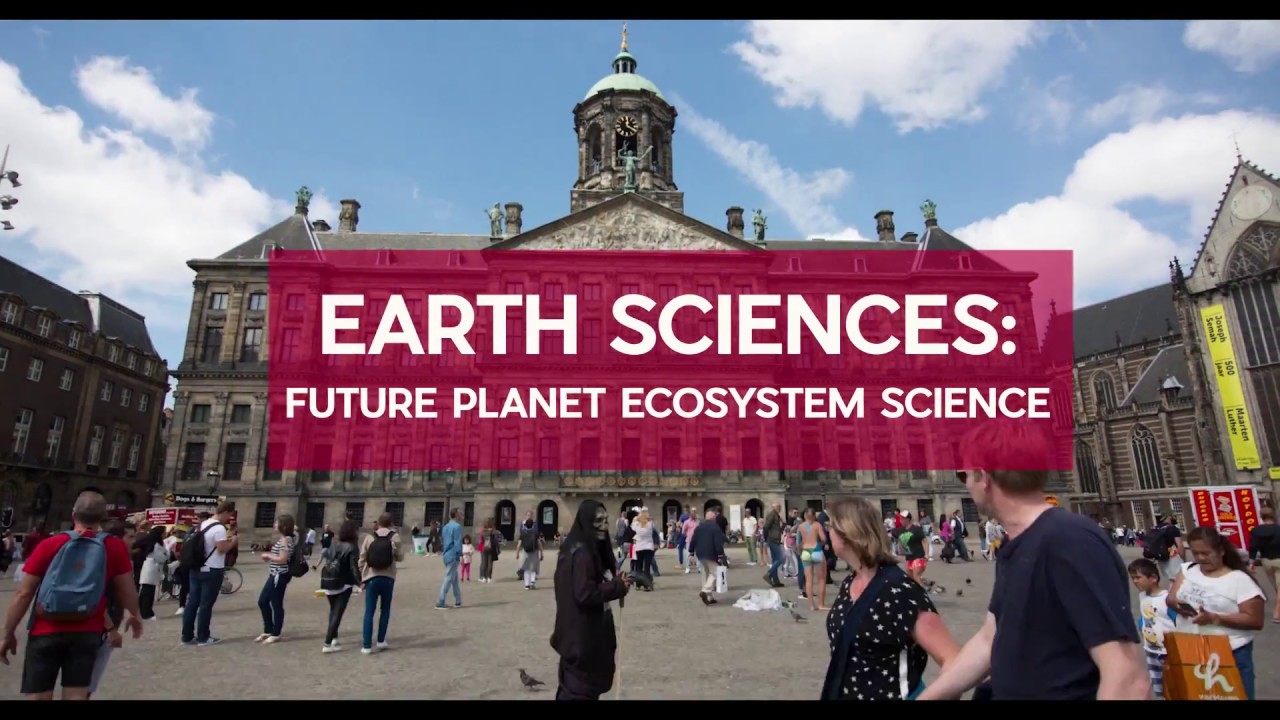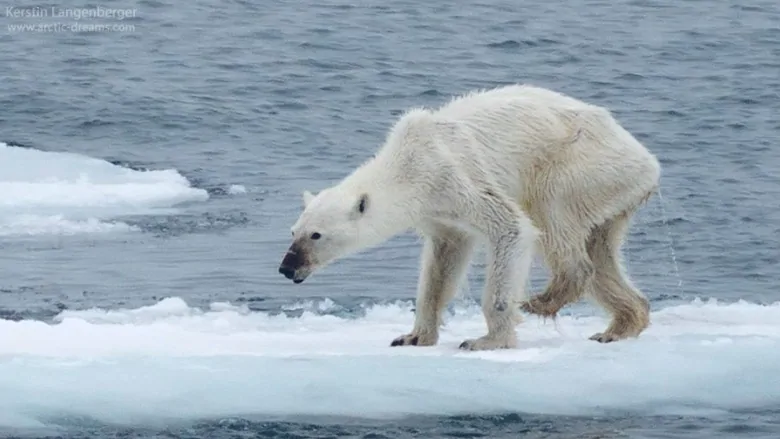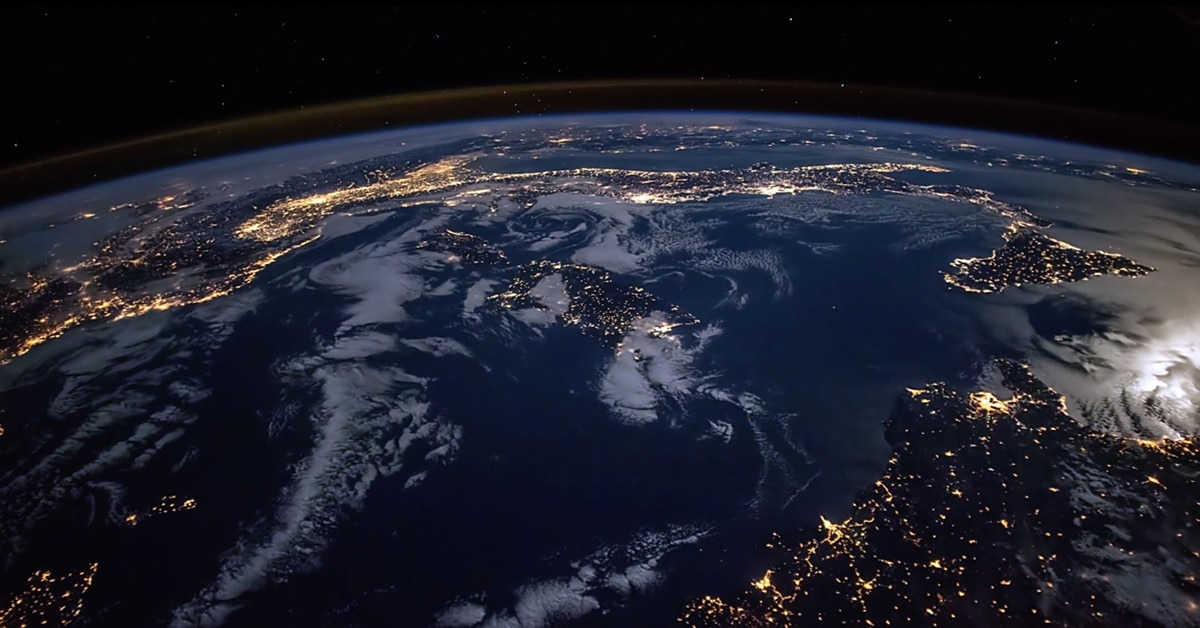Be the Agent of Change and Study Future Planet Ecosystem Science at University of Amsterdam


By Jenny Egnér Lin
Human impact on our planet has reached unprecedented proportions. This severely affects biodiversity, geo-ecosystems and the services they provide to humanity. Being the fourth most populous country in the world, the growing economy of Indonesia has an increasing impact on the world’s climate. Being a student of Future Planet Ecosystem Science, you have the chance to make a positive, lasting impact on the future of our planet.

Photograph by Gede Suhendra.
What is Future Planet Ecosystem Science?
The two-year track Future Planet Ecosystem Science is part of the Master’s programme Earth Sciences at the University of Amsterdam. In this two year programme, you will learn quantitative methods and gain an in-depth understanding of concepts of geo-ecological systems, essential to face the grand challenges regarding global change, the management of ecosystems, and their services upon which humans rely.
The programme teaches cutting-edge, quantitative methods (including observations, modelling and big data analysis) and how to apply these methods to global challenges. Specific attention is given to the identification of where scientific knowledge falls short of contributing to solutions for the grand challenges we are facing.

Photograph by Kerstin Langenberger.
Why is this programme valuable?
We as global citizens urgently need an in-depth understanding of the functioning of geo-ecosystems, to predict the effects of local and global change (land use change, eutrophication, pollution, climate change) and to successfully manage Earth's systems (e.g. through integrated land management, spatial planning, nature and soil conservation). Only then can we rely on the use of ecosystem services in a sustainable way.
Is Future Planet Ecosystem Science the track for you?
Future Planet Ecosystem Science is an interdisciplinary programme which integrates knowledge from disciplines such as earth sciences, ecology, geography, and environmental chemistry.
- Are you concerned about global change and the future of our planet with an ever increasing human population?
- Do you want to deepen your knowledge on the grand challenges that we are facing and the best ways we can address these?
- Do you want to contribute to increasing the knowledge needed to solve global problems and take the right decisions for creating a sustainable world?
- Do you want to develop skills in modelling and big data analyses so you can play a part in the science that is needed to support our future planet?
- Do you have a broad interest in natural sciences?
If you answered yes to the majority of these questions, the Future Planet Ecosystem Science might be the right track for you!

Photograph by Bruce W. Berry Jr.
What does Future Planet Ecosystem Science at the UvA have to offer me?
You will study in an inspiring environment where scientists work in a stimulating interdisciplinary setting on the cutting edge between physical geography, ecology, hydrology and environmental chemistry.
Customising the programme to your interests
Future Planet Ecosystem Science offers a unique and inspiring programme with plenty of opportunities to make your own choices and customise the content to your own interests. Courses and individual topics focus on how natural science can contribute to solving the main societal challenges of our planet.
Enthusiastic, experienced faculty
Future Planet Ecosystem Science is taught by a team of inspired and enthusiastic lecturers, specialised in a range of topics that span the fields of earth science to ecology and evolution. In this way we foster interdisciplinary thinking and inspire out-of-the-box approaches to solve the grand challenges of our future planet.
Contribution to research
During your Master’s research project you will become a member of a research group, making an actual contribution to scientific advancement. You will work closely together with top researchers across multiple scientific fields, which gives you a head start in developing your professional network.
State of the art facilities
The Institute for Biodiversity and Ecosystem Dynamics (IBED) offers a wide range of brand new and state of the art facilities (e-science labs including GIS, remote sensing and geo-ecological modelling, soil- and environmental chemistry and erosion labs) that meet the latest scientific standards.
Advanced IT systems
During your studies you will get acquainted with the latest methodologies and you will have access to advanced infrastructure including e-Science virtual laboratories, GIS-studio, extensive databases, and cluster and cloud computing facilities for topical modelling and data analysis.
Career prospects
Independent researcher
Master’s students of the Future Planet Ecosystem Science are trained to become independent researchers. Being a part of the Institute for Biodiversity and Ecosystem Dynamics (IBED), you will have experience in working together with the researchers in this institute, and with the related research institutes Departments of Ecological Science and Environmental Geography of the Vrije Universiteit Amsterdam, who also participate in the teaching.
Social or business trajectory
If your interest lies in working in a governmental role or professional setting, you can choose to specialise in management courses. There are several professional majors and minors available, preparing you to work with environmental issues in a corporate setting.
Learn more about Earth Sciences: Future Planet Ecosystem Science
Related tracks
Earth Sciences: Environmental Management
In the track Earth Sciences: Environmental Management, you will learn management aspects of Earth Sciences, interdisciplinary skills and complete an internship in a company, government organisation or NGO.
Learn more about Earth Sciences: Environmental Management
Earth Sciences: Geo-ecological Dynamics
The track Geo-ecological Dynamics focuses on in depth scientific training. At scales varying from the molecule to the globe, you will study the dynamics of landscapes and geo-ecosystems of terrestrial environments and adjacent aquatic systems based on fieldwork, in the laboratory, with computational methods, or a combination of these.
Learn more about Earth Sciences: Geo-ecological Dynamics
Further information
About the author: Jenny Egnér Lin is a Swedish university graduate with a MSc in Strategic Market Creation from Copenhagen Business School, and a BSc in Business and Economics from Stockholm School of Economics. With firsthand experience from studying in Europe, she is sharing prime insights about life as a student at a European university.








